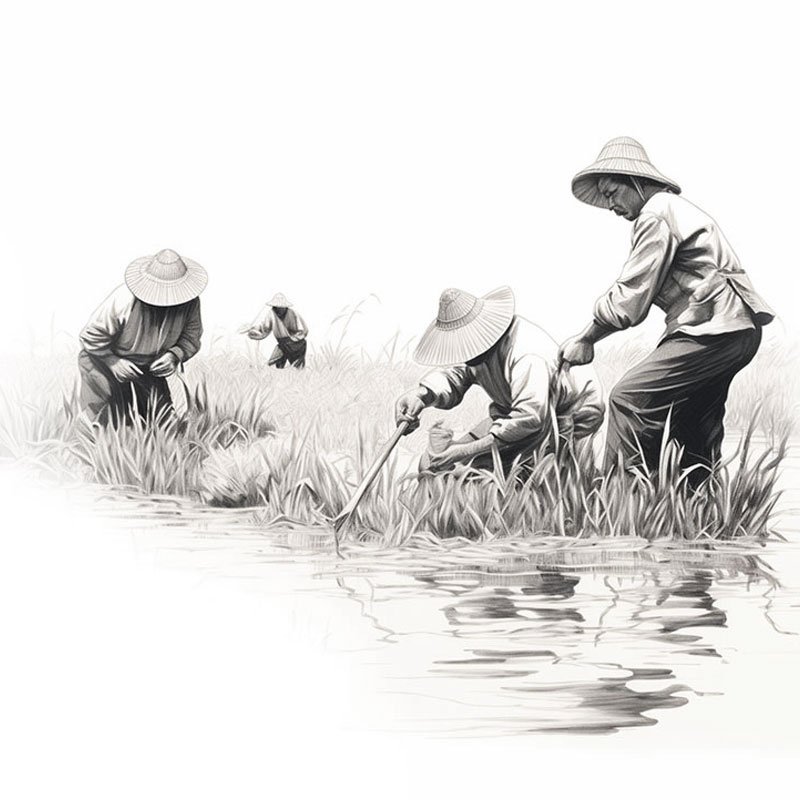CHAPTER 1 - TEAMS

For millennia, flora, fauna, and human-kind have had the need to do things in groups to achieve objectives in order to survive and develop. So it is no surprise that a word such as ‘team’ developed in many languages and has become a commonly used term across many disciplines; from sport, to academia, in the work place and even in family life. It is always used when we are grouped together with the intention to try and achieve something.
“A collection of people who cooperate together in order to achieve a common goal.”
This definition has an active proponent to it. To achieve something, means that something must be done. Unlike a group, which can have a passive feel to it. No one calls friends to team up for coffee, and even if they did, all casual observers would say “what a large group of people all drinking coffee together”. Though drinking coffee together may be a goal in itself, it isn’t very active or productive.
A group of persons does not automatically become a team. The group might exist without a unified purpose, aims, or goals, and with disparate attitudes and ways of thinking which they may refuse to deviate from.
This all may look like unnecessary semantics, and to an extent, it is. Defining differences between these words in this case, is only used to show how important it is to understand the definition of term ‘team’ that should be understood by the reader as it will be used for the contents of this book.
The famous French philosopher Voltaire often said “If you wish to converse with me, define your terms.” And abiding with this sensible rule, a glossary of important terms that may be ambiguous are provided in the back of this book.

Read Full Chapter
Unleash the secrets to successful Teamwork by keeping up with our chapters as they become available.
